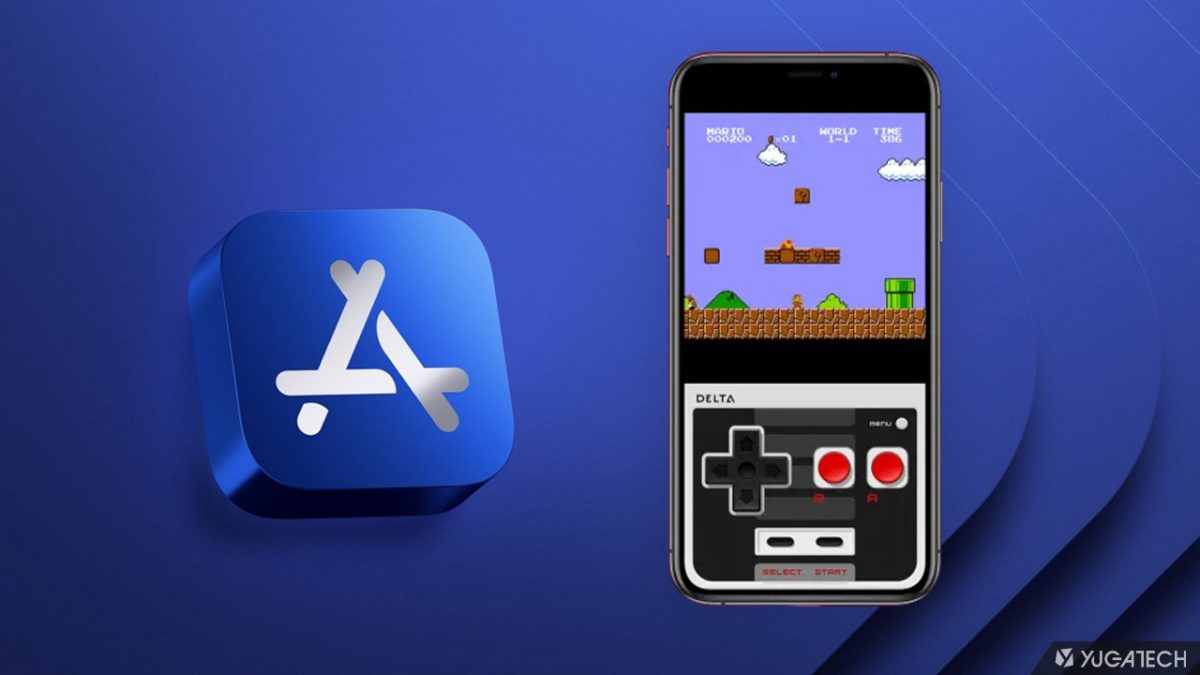Apple Opens Doors to Emulators on App Store, Beginning with Retro Games
In a surprising move, Apple, one of the most tightly controlled and secretive marketplaces, is beginning to loosen its reins, albeit with consequences both positive and negative. The tech giant has announced its decision to allow emulators on the App Store, at least for retro games, a stance it previously staunchly opposed.
Emulators, software that mimics the functionality of outdated gaming consoles, have long been a contentious issue within Apple’s ecosystem. The company has historically taken a firm stance against their presence on the App Store, citing concerns over copyright infringement and software piracy. However, in a significant departure from its previous position, Apple has now opted to permit the inclusion of emulators, signaling a notable shift in its policies.
Apple has made it clear, however, that this newfound leniency comes with caveats. All apps, including those hosting emulators, are still required to adhere to the platform’s strict guidelines and comply with relevant laws. This means that any app offering emulation services must ensure that it does not facilitate access to illegal content or infringe upon intellectual property rights.
The decision to embrace emulators appears to be a response to mounting legal pressure faced by Apple. Both in the United States and the European Union, the company has been embroiled in antitrust lawsuits accusing it of leveraging its dominant market position unfairly. By opening the doors to emulators, Apple may be seeking to assuage concerns regarding its alleged monopolistic practices and demonstrate a willingness to adapt its policies in response to regulatory scrutiny.
While the move to permit emulators represents a significant departure from Apple’s traditional approach, it remains to be seen how the company will navigate the potential implications of this decision. As the App Store continues to evolve, balancing innovation with regulatory compliance will likely remain a central challenge for Apple in the years to come.
Header from Yugatech.



